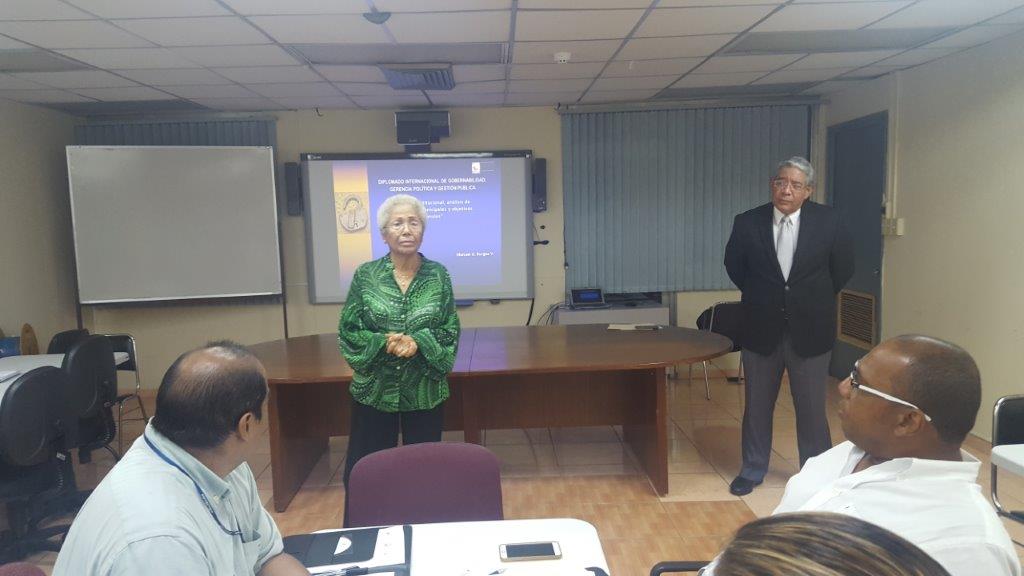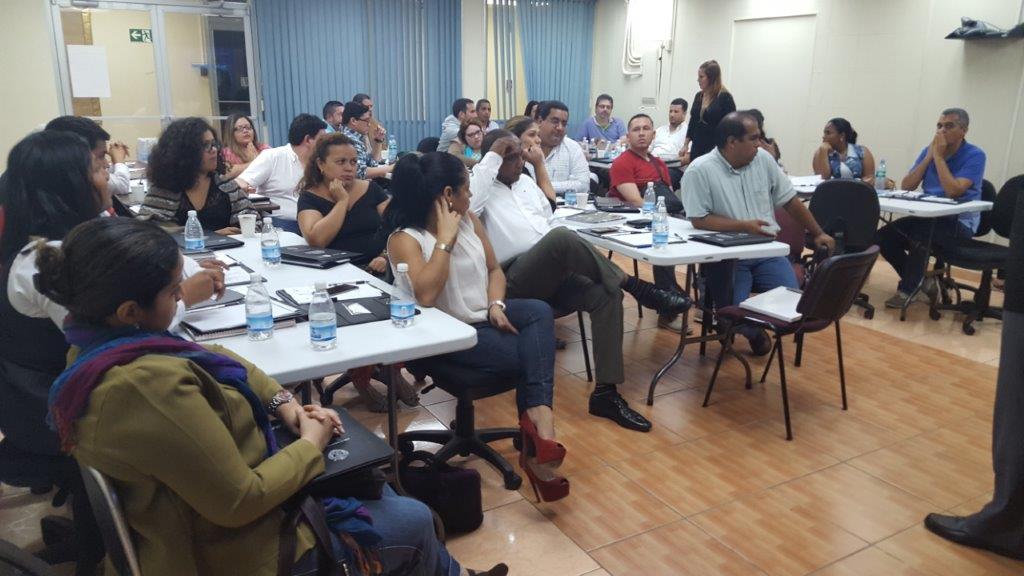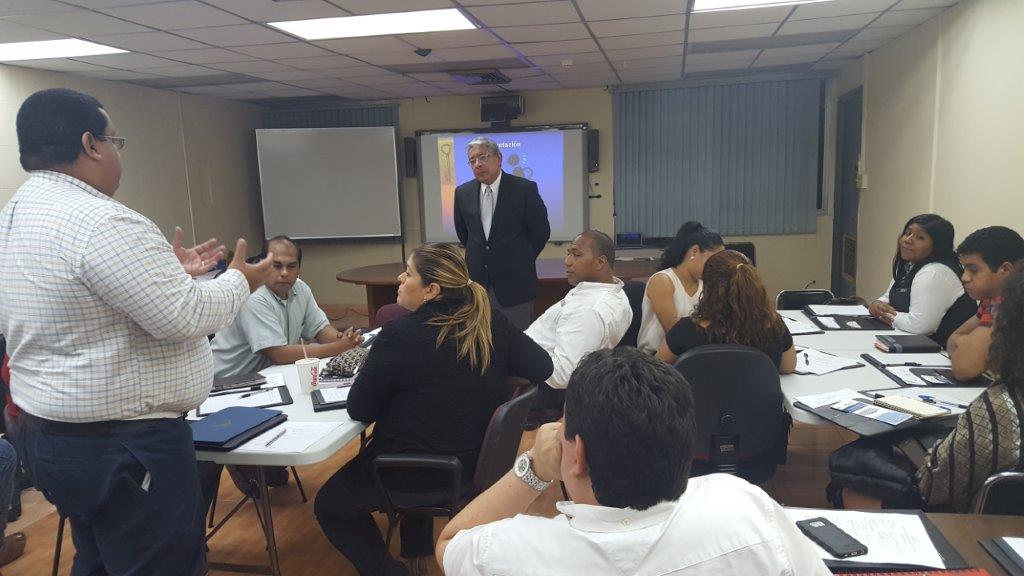Training is provided to 117 Panamanian public officials on the subject of governance
A group of 117 executives, local authorities, members of political organizations. academics, and representatives from the civil society were trained in political management
The Governance, Political Management, and Public Management Program, designed by CAF and implemented in Panama by the Centro de Políticas Públicas y Transparencia de la Universidad de Panamá (Public Policies and Transparency Center of the University of Panama), seeks to improve the knowledge of 117 Panamanian public officials regarding governance. The participants come from the provinces of Chiriquí, Herrera, Panama, Panama Oeste, and Veraguas, linked to institutions such as the Municipalities of Los Pozos, Pesé, Parita, Atalaya, Santiago, Río de Jesús, David, Dolega, Barú, Bugaba, Boquete, San Lorenzo, La Chorrera, Panama, and Colón.
The staff belongs to public institutions such as the Electoral Tribunal; the National Assembly; the Office of the Comptroller General of the Republic; the Secretariats of Decentralization, Childhood, Adolescence, and Family; the Ministries of Commerce and Industry, Economy and Finance, and Housing and Territorial Planning, among others. This year the program will be carried out simultaneously at a national level in the cities of Panama, Chitré, David, and Santiago.
In her welcoming speech at the headquarters in Panama City, Alma Montenegro de Fletcher, Ad Honorem Director of the Public Policies and Transparency Center recognized the importance of governance and constitutionality in Panama. She highlighted that this academic effort represents an opportunity for public servants and members of social entities to deepen their knowledge in order to benefit the decentralization process of the Panamanian public administration and of the municipalities and institutions they represent.
Teachers will include national instructors as well as professors from the George Washington University for subjects such as a comprehensive and strategic vision of the political, economic, and social management, with an effective leadership and the participation of the community in the context of governance. This year, classes started with the subject "Institutional development, analysis of municipal competencies and national objectives", taught by Manuel G. Burgos V.
CAF's more recent content

CAF, ECLAC, IDB and PAHO Promote Sustainable Development in the G20
The Regional Organizations of the Americas congratulate Brazil on its successful G20 Presidency, highlighting its leadership on key issues such as poverty, governance, and climate change. They also reaffirm their commitment to actions that promote equity and development in the region.
Urgent Call for Action to Safeguard Caribbean SIDS at CAF Symposium
As the global community grapples with the escalating climate crisis, Caribbean Small Island Developing States (SIDS) are running out of time to secure critical investments and support needed to strengthen their economies and protect vulnerable communities from the intensifying impacts of climate change. With the window to take decisive action rapidly shrinking, CAF - Development Bank of Latin America and the Caribbean, in partnership with the Commonwealth Secretariat and the Antigua and Barbuda High Commission, brought together key stakeholders for a symposium in London to address the critical vulnerabilities Caribbean SIDS face.


